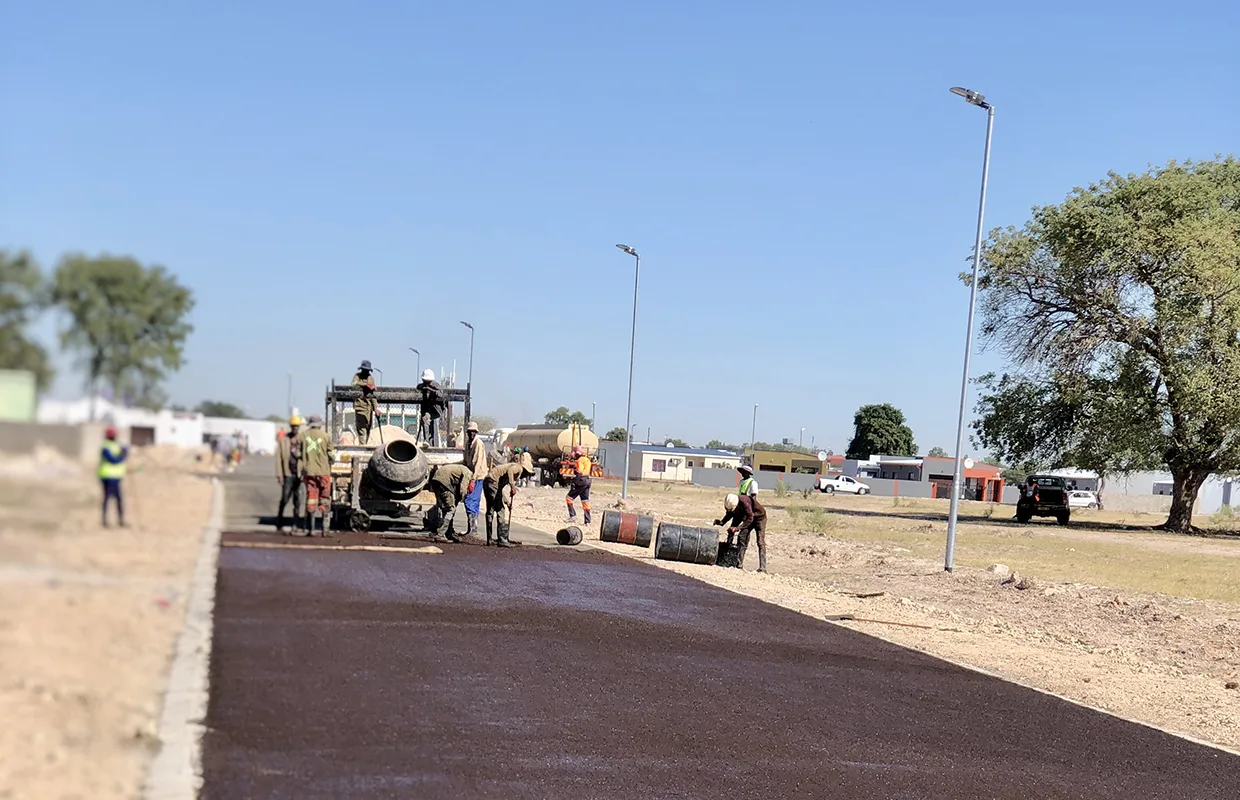WCE Consulting Engineers aspires to be the leading and preferred multidisciplinary consulting and engineering company in Namibia and across the broader African region. We hear more about the burgeoning business from Managing Director, Victor Rieger.
MULTIDISCIPLINARY MASTERS
With a modest population of approximately three million, the equivalent of just four people per square kilometre, Namibia is considered the least populated country in Africa.
The nation is vast, and providing infrastructure is challenging due to the limited financial resources associated with the small population.
However, Namibia has overcome these obstacles and developed one of the continent’s best road infrastructure systems, which is continuously being expanded and upgraded. With continued investment in infrastructure, Namibian engineers and contractors have access to abundant opportunities.
With further developments in oil and gas, green hydrogen, and mining, to name just a few, Namibia is set for growth across the board.
One company thriving amongst this national upturn is WCE Consulting Engineers (WCE).
“Compared to other African countries I have travelled to, I believe Namibia has a strong local engineering and contractor fraternity, capable of completing almost any infrastructure development project from start to finish,” introduces Victor Rieger, Managing Director.
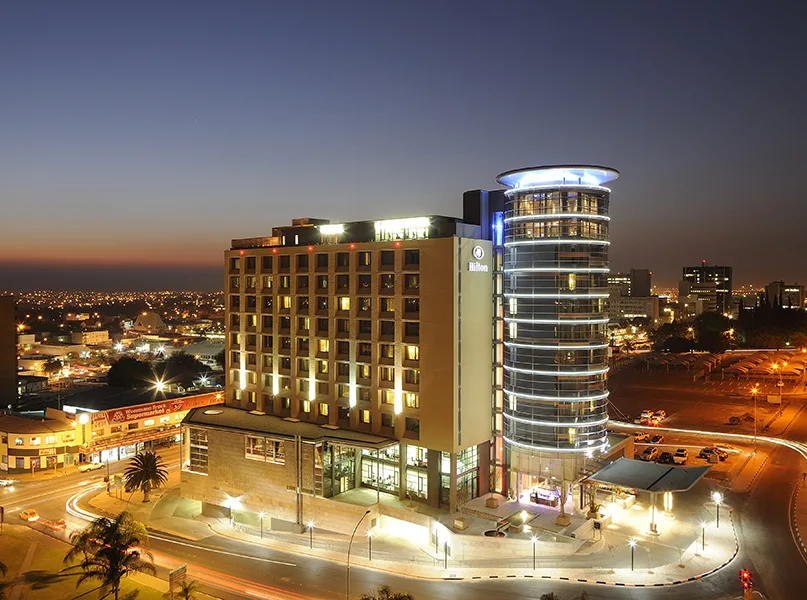
“We are not reliant on external engineers from other countries other than those that are very specialised.
“However, there is growing concern amongst local contractors that projects are increasingly being taken up by foreign companies, and the Construction Industries Federation of Namibia (CIF) is continuously lobbying for the interests of local businesses to ensure sustainability for the Namibian construction industry,” he elaborates.
In this way, Africa’s engineering and construction landscape finds itself at a pivotal moment, as the rapid urbanisation of low-income earners represents a challenge to the government in providing serviced land on which people can construct housing.
Due to limited finances and regulatory constraints, providing serviced land in the major urban centres remains a problem. Despite this, should the partnership of government and industry prove successful in solving the financing and regulatory challenges, there will be excellent opportunities for engineers and contractors in this sector, which, in turn, will significantly impact people’s livelihoods.
“In response to these hurdles, the sector remains dynamic and rewarding. Notably, there is an increasing emphasis on sustainable practices, digital transformation, and capacity building, reshaping how projects are conceived and executed. This requires continuous industry adaptation to remain valid and competitive,” Rieger tells us.
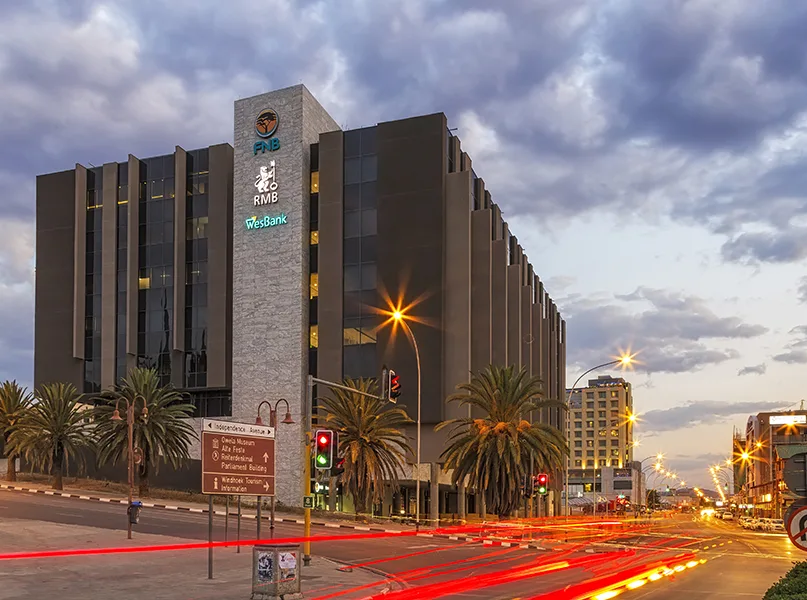
50 YEARS OF SUCCESS
WCE is a multidisciplinary engineering consultancy that delivers high-quality solutions to complex engineering problems.
Established in 1977, the company will soon celebrate 50 years in the African engineering industry as a proud Namibian-owned business.
Today, WCE provides a swathe of civil, structural, electrical, mechanical, transport engineering, and project management services.
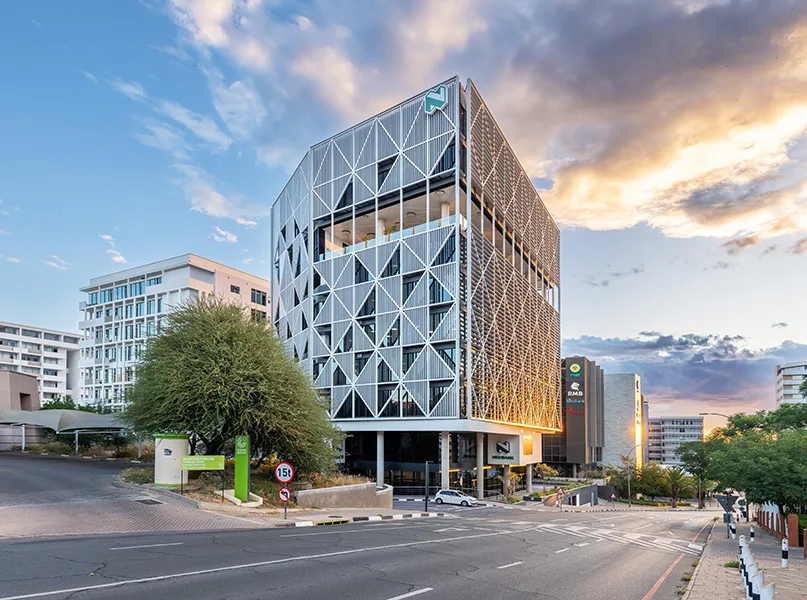
“We are headquartered in Windhoek, Namibia, and have additional offices in Walvis Bay, Ongwediva, Otjiwarongo, and Lüderitz to ensure we provide cost-effective services throughout the entire nation,” Rieger states.
“Our team is comprised of highly skilled professionals who are committed to excellence and integrity and cater to a diverse client base, including government entities, private sector stakeholders, and international partners.”
Currently, WCE focuses on large transportation projects such as railway lines, airports, harbour structures, and national roads. This is supported by the company’s civil department, which develops large water infrastructure projects, including reservoirs, water purification plants, and water distribution schemes.
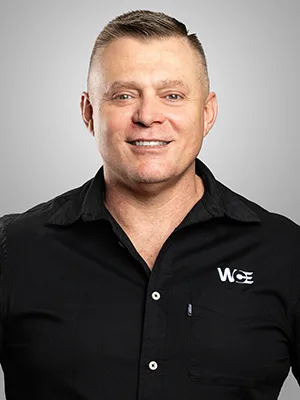
This arm of the business also works on sewer infrastructure, including pump stations and sewer treatment works. The civil department also specialises in the servicing of land throughout Namibia.
“Elsewhere, our structural department is essentially our marketing team due to its showcase of impressive high-rise buildings, large distribution centres, warehousing, bridges, and other structural design work.”
Finally, this is complemented by the mechanical and electrical departments that do all mechanical and electrical designs for WCE’s buildings. As divisions in their own right, they encompass electrical distribution networks, renewable energy, heating, cooling, and various other specialised mechanical works.
Pulling everything together is the company’s project management office, where all disciplines are pulled together to ensure successful projects.
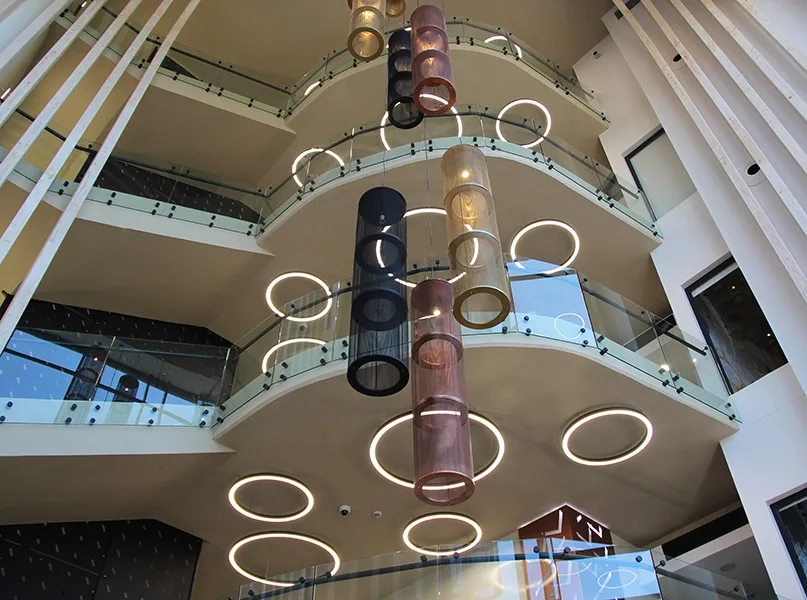
REDEFINING EXPECTATIONS
To date, WCE has developed a tried and tested client-centric approach and is committed to providing industry-leading engineering services with a proudly Namibian team.
“Above all else, we ensure that we understand the client’s needs before we begin a project to ensure that it is delivered in line with their expectations,” Rieger acclaims.
Currently, the company is also focused on enabling projects through its deep knowledge of the Namibian market, alongside its network of service providers and industry leaders throughout many sectors of the economy, which it leverages to support client projects.
“Suppose a client has an opportunity that they want to explore. In that case, we can assemble a team of people or organisations from across all sectors required to enable the project and, therefore, not be limited to solely our engineering input,” he explains.
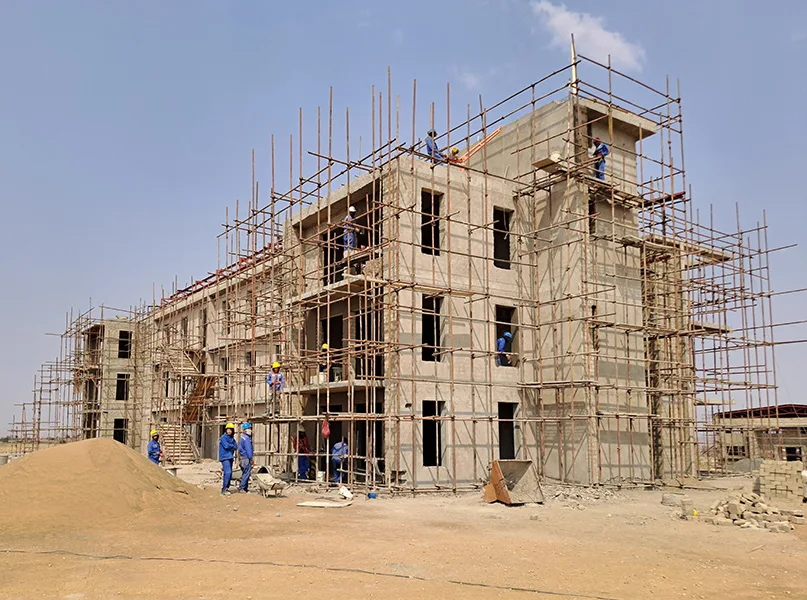
In addition, WCE leverages the latest technology and is currently exploring new and more efficient business methods, such as integrating artificial intelligence (AI) and the Internet of Things (IoT).
“Looking ahead, we plan to focus on expanding our footprint, enhancing service delivery, and embracing digital transformation. We also aim to strengthen our capabilities in emerging engineering trends, exploring new market opportunities such as oil and gas as well as green hydrogen.”
Elsewhere, WCE believes there is a high probability that the Namibian oil and gas sector could rapidly expand should one of the major national companies start developing their oilfields.
“We are positioning ourselves to be the preferred local partner for foreign companies being established in Namibia and are also upskilling our employees to participate in the future oil and gas work designed and constructed in Namibia by Namibians,” Rieger finishes optimistically.



